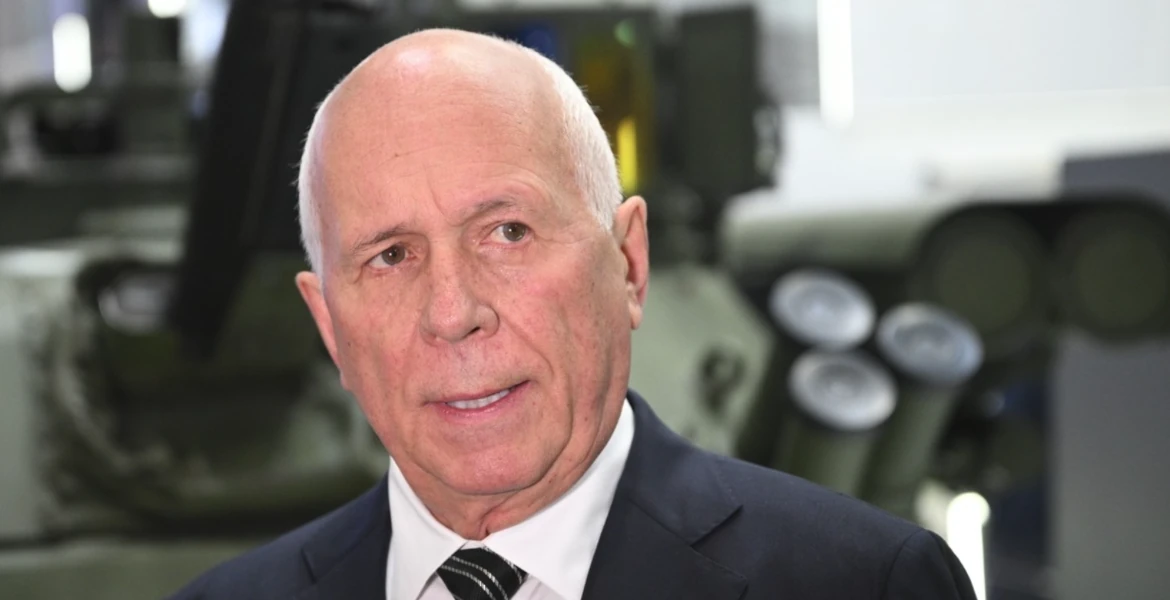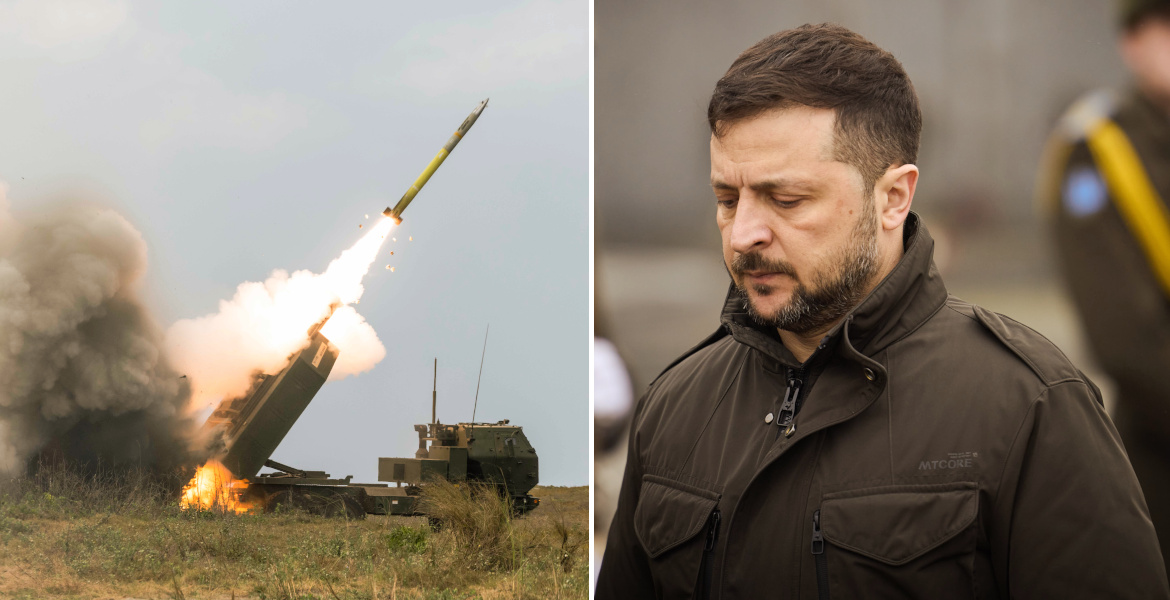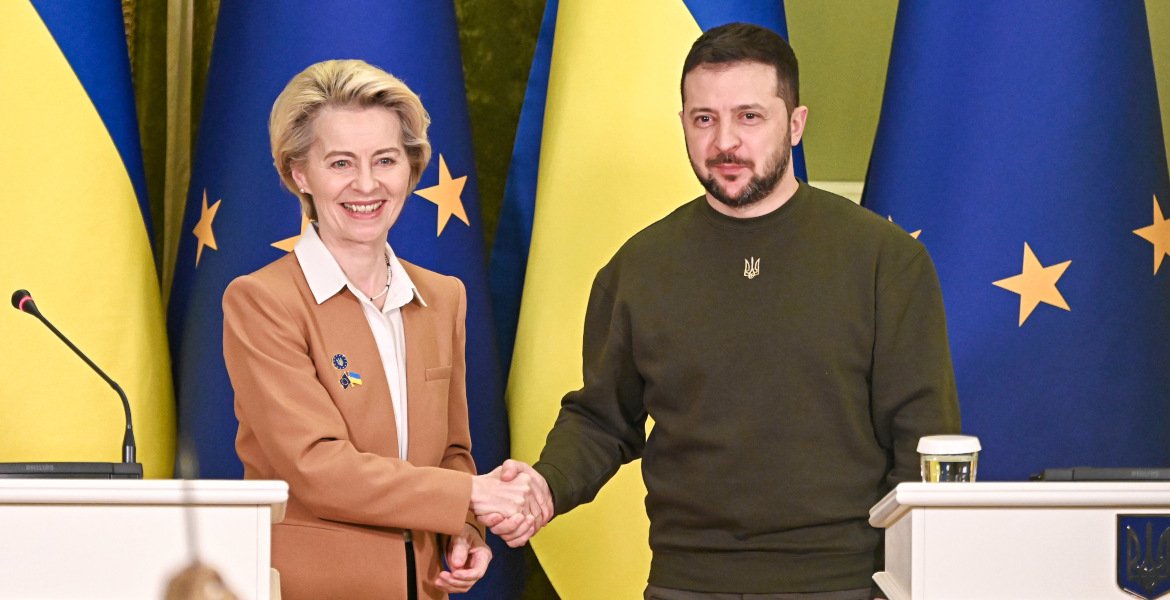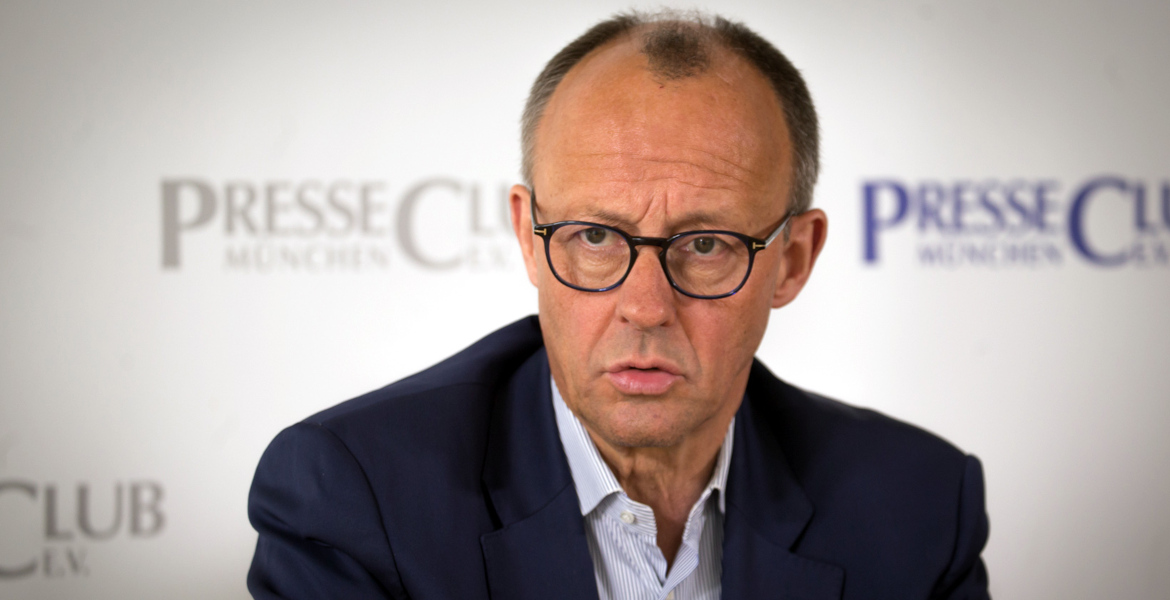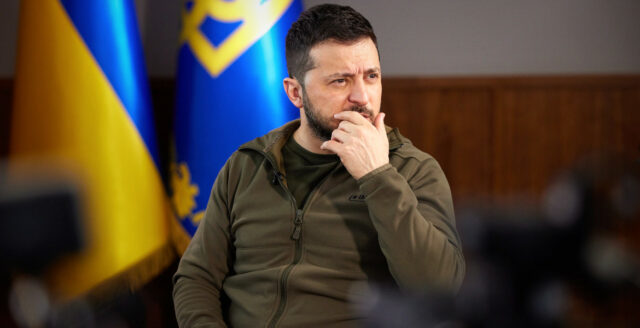The possibility of resuming Russian gas imports via pipelines could be part of a potential peace deal with Russia, according to the Financial Times. Proposals backed by Germany and Hungary, among others, would aim to lower energy prices in Europe while bringing Moscow to the negotiating table.
– There is pressure from some big member states on energy prices and this is one way to bring those down, of course, what is described as an anonymous EU official told the Financial Times.
The idea, meanwhile, is facing strong criticism in some quarters, including concerns in Brussels that a resumption of imports would increase Russia's export revenues and counter previous efforts to reduce dependence on Russian energy.
From 40 to 10 percent
The EU's direct gas imports from Russia have fallen dramatically since the start of the war in Ukraine in 2022. Before the war, Russian gas accounted for around 40% of the EU's total gas supply, but in 2024 this share has dropped to around 10% as a result of sanctions, diversification of energy sources and the Nord Stream pipeline terror attack.
To compensate for the shortfall, the EU has increased imports of liquefied natural gas (LNG), particularly from the United States and Norway, while imports of liquefied gas also from Russia have increased through gaps still left in the sanctions.
Overall, the situation has led to a sharp increase in energy prices in Europe and has had a very negative impact on the European economy, with the EU's largest economy Germany, for example, experiencing economic contraction for two years in a row.
– In the end, everybody wants lower energy costs, said a senior EU official, according to the Financial Times.
Growing opposition
Some EU countries, such as Slovakia and Hungary, have expressed open concern about their energy supply, arguing that the political leadership in Ukraine has jeopardized their energy security by stopping gas transfers through the country from Russia.
In Germany, the leader of the opposition party Alternative for Germany, Alice Weidel, recently pledged to restart the Nord Stream project if the party comes to power.

